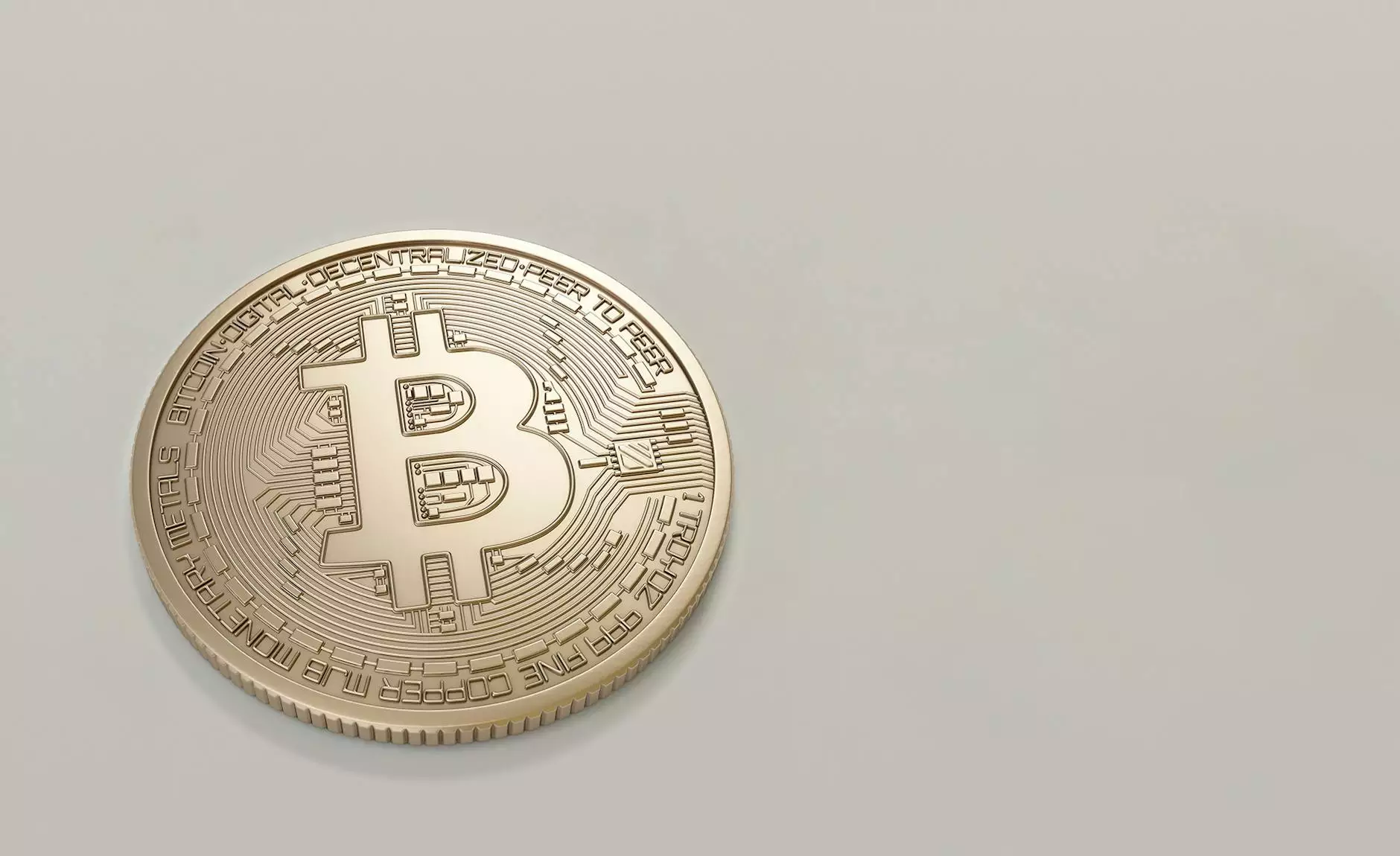The Importance of a Doctor of Medicine Diploma in Today's Medical Landscape

In a world where healthcare is becoming increasingly paramount, the pursuit of a Doctor of Medicine diploma stands as a monumental achievement for dedicated individuals aspiring to enter the medical profession. This article delves deeply into the significance of such diplomas, the journey to obtaining one, and the myriad of opportunities that follow its attainment.
Understanding the Doctor of Medicine Diploma
A Doctor of Medicine diploma, often abbreviated as MD, is a professional degree for physicians and surgeons. This diploma represents the culmination of extensive education and training, equipping graduates with the knowledge and skills to diagnose and treat various medical conditions.
The journey towards earning a Doctor of Medicine diploma typically begins with a bachelor's degree in a relevant field, followed by acceptance into a medical school. The education process spans approximately four years of rigorous academic coursework and practical clinical training.
The Structure of Medical Education
Medical education is structured to provide a holistic understanding of human health. Below are the primary components involved in earning a Doctor of Medicine diploma:
- Pre-Medical Education: Before entering medical school, candidates must complete undergraduate prerequisites in biology, chemistry, physics, and mathematics.
- Medical School: The medical school curriculum consists of two main phases: Pre-clinical years encompassing basic medical sciences and Clinical years focusing on hands-on patient care.
- Residency Training: After earning their diploma, newly minted doctors must complete a residency program in their chosen specialty, providing essential practical experience.
- Board Certification: Finally, graduates are encouraged to pass board exams, which lead to certification in their specialty and ensure adherence to professional standards.
The Significance of Earning a Doctor of Medicine Diploma
The pursuit of a Doctor of Medicine diploma is laden with transformative implications, both for the individual and society as a whole. Here’s why this educational journey is invaluable:
1. Credibility and Trust
Holding a Doctor of Medicine diploma instills a sense of credibility and trustworthiness in patients. Medical professionals are often placed in life-changing scenarios, and their education and qualifications significantly affect patient outcomes.
2. Diverse Career Opportunities
Graduates with a Doctor of Medicine diploma can navigate various career paths. Some remain in clinical practice, while others may choose to engage in:
- Research: Pioneering medical research to develop new treatments and cure diseases.
- Teaching: Educating future generations of medical professionals.
- Healthcare Administration: Leading healthcare organizations towards enhanced patient care and operational efficiency.
- Public Health: Working at the community level to improve health standards and policies.
The Global Demand for MD Graduates
The demand for healthcare professionals continues to grow worldwide. With an aging population and increasing incidence of chronic diseases, the role of physicians equipped with a Doctor of Medicine diploma has never been more critical.
Countries are continually seeking qualified medical personnel, providing excellent opportunities for MD graduates to practice locally or abroad.
Challenges Faced During the Journey
While the path to achieving a Doctor of Medicine diploma is rewarding, it is not without its challenges. Aspiring medical professionals may encounter:
- Academic Pressure: The rigorous nature of medical training demands significant dedication and resilience.
- Financial Burden: Medical education can be costly, resulting in substantial student debt for many graduates.
- Work-Life Balance: The demanding hours during residency can take a toll on personal relationships and overall well-being.
Steps to Obtain a Doctor of Medicine Diploma
For aspiring physicians, understanding the specific steps involved in obtaining a Doctor of Medicine diploma is imperative. Below is a comprehensive breakdown:
Step 1: Complete Undergraduate Studies
Start by earning a bachelor’s degree with a focus on the sciences. Courses in biology, chemistry, and physics serve as foundations for medical education.
Step 2: Pass the Medical College Admission Test (MCAT)
The MCAT is a crucial exam that assesses your knowledge and readiness for medical school. A strong score is essential for admission into competitive programs.
Step 3: Attend Medical School
After acceptance into a medical school, students undergo a comprehensive curriculum that includes subjects ranging from anatomy to pharmacology, often enhanced by clinical experiences.
Step 4: Gain Clinical Experience
Participating in rotations during medical school is essential. These clinical rotations provide exposure to various specialties and help identify areas of interest.
Step 5: Complete Residency Training
After earning the Doctor of Medicine diploma, graduates must complete a residency program, where they practice as physicians under supervision, gaining invaluable experience.
Step 6: Obtain Licensure and Certification
Finally, passing licensure exams is essential to practice medicine legally. Board certification adds an additional layer of credibility in your chosen specialty.
Investing in Your Future
Consider your Doctor of Medicine diploma as an investment in your future. While the path is challenging, the long-term rewards are profound both personally and professionally.
Successful physicians often find fulfillment in their ability to positively impact lives, advance medical knowledge, and contribute to their communities.
The Future of Medicine and Continuing Education
The medical field is evolving rapidly with advancements in technology, treatment methodologies, and patient care approaches. As such, obtaining a Doctor of Medicine diploma is just the beginning of a lifelong learning journey.
Continuing medical education (CME) is vital for practitioners, ensuring they remain at the forefront of medical advancements and continue to deliver optimal care.
Conclusion: A Commitment to Excellence
In conclusion, the pursuit of a Doctor of Medicine diploma is a testament to one's commitment to healthcare, excellence, and continuous improvement. As the world becomes more interconnected and healthcare challenges evolve, the role of educated, skilled physicians will be crucial. Embrace the journey, invest in your education, and contribute to a healthier future for all.
Getting Started with Your Journey Today
If you're ready to take the first step in your medical career, explore educational institutions that offer programs leading to a Doctor of Medicine diploma. At buydiplomonline.net, we aim to empower aspiring medical professionals with the knowledge and resources necessary to successfully achieve their educational goals.









